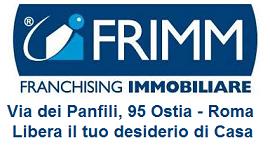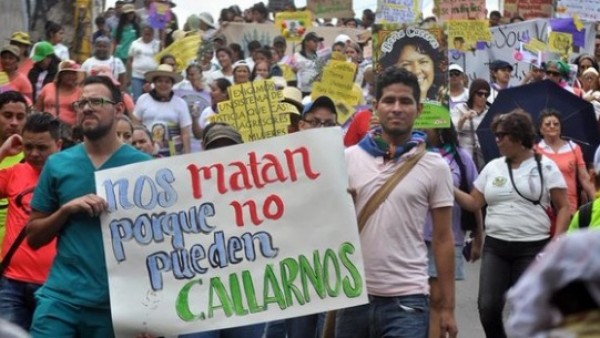Three lawyers have been killed in one day in Honduras in the latest spate of fatal violence against political activists, journalists, human rights defenders, and legal representatives that has seen over 100 attorneys slain in the Central American country over the last five years.
In three separate incidents, lawyers Kevin Ferrera, Fredy Mendoza, and Carlos Alberto Mejia Lopez were all killed Tuesday.
Ferrera, president of the youth wing of the Liberal Party, was gunned down while driving to his home in the capital city of Tegucigalpa. Mendoza was also assassinated in Tegucigalpa, where his body was found in an abandoned vehicle with gunshots to the head. He was reportedly kidnapped before being shot dead.
Mejia Lopez was found dead in his home in Roatan, in the Bay Islands off the north coast of Honduras. Authorities report that he had already been dead for a few days when he was found due to reports from neighbors about the smell. Major Honduran newspapers reported that the cause of death was unknown, speculating possible suicide, but a local Bay Islands newspaper claimed that photos of the crime scene indicated that Mejia Lopez “attempted to flee” an attacker due to the trail of blood left throughout his apartment.
The three deaths happened on the same day Honduras’ bar association marked its 100th year Tuesday, casting a dark shadow over the landmark anniversary. The bar association has some 20,400 registered members, nearly two thirds of whom are under 35 years of age.
According to the Honduran Human Rights Commission, 102 lawyers were murdered in Honduras between 2010 and March of 2016. A staggering 94 percent of the cases have never been punished, and 72 percent of the killing have happened in the departments of Francisco Morazan and Cortes, home to the country’s two largest cities of Tegucigalpa and San Pedro Sula, respectively.
The human rights situation in Honduras has deteriorated drastically since the 2009 U.S.-backed coup against President Manuel Zelaya, which then-U.S. Secretary of State Hillary Clinton helped secure diplomatically. The country was dubbed the “murder capital of the world” in the wake of the coup amid a wave of political violence and a crisis of deep impunity that allowed organized crime and generalized insecurity to boom.
In 2015, Honduras was dubbed the most deadly country in the world for environmental activists and the most dangerous country in Latin America and the Caribbean for journalists. According to human rights defenders, at least 59 journalists were killed between 2009 and 2016.
The LGBTQ community has also been hard hit, with 36 LGBTQ people killed in the first six months after the coup. Research from the Index on Censorship, published by SAGE, found that a total of 215 LBGTQ people were killed between 2009 and 2015 in Honduras, with 37 of those deaths last year alone. Women have also borne the brunt of the violence with a sharp increase in femicide that sees one woman killed every 16 hours in the country.
Perhaps the most emblematic symbol of the grave human rights crisis in Honduras is the case of internationally-renowned Indigenous leader Berta Caceres, shot dead in her home in March after years of repression linked to her resistance against neoliberal policies and unwanted resource extraction projects on Indigenous land.
Activists continue to demand justice for Berta Caceres and dozens of other victims of fatal violence in Honduras since the coup. (TelSur)

 (Copia).jpg)


